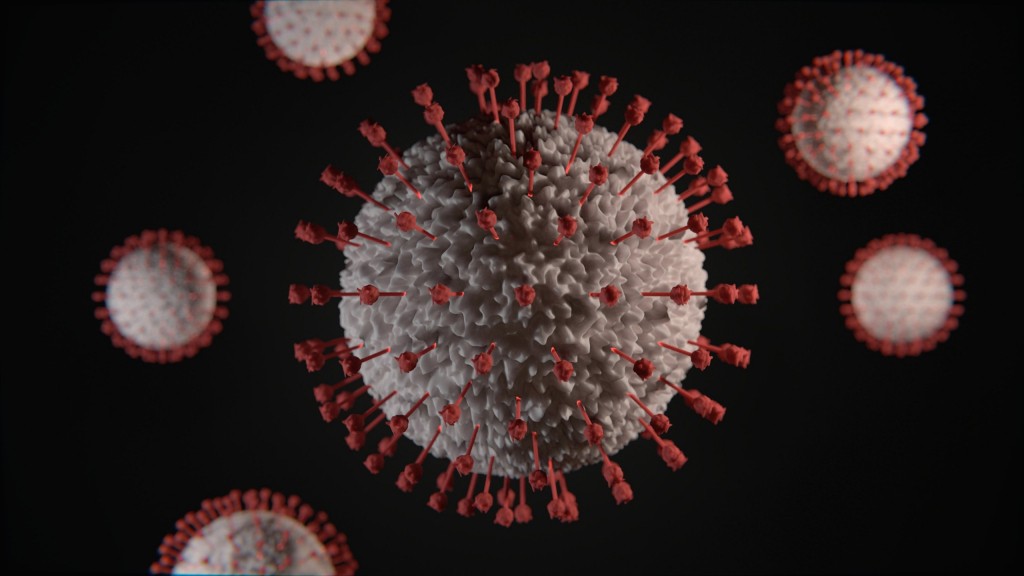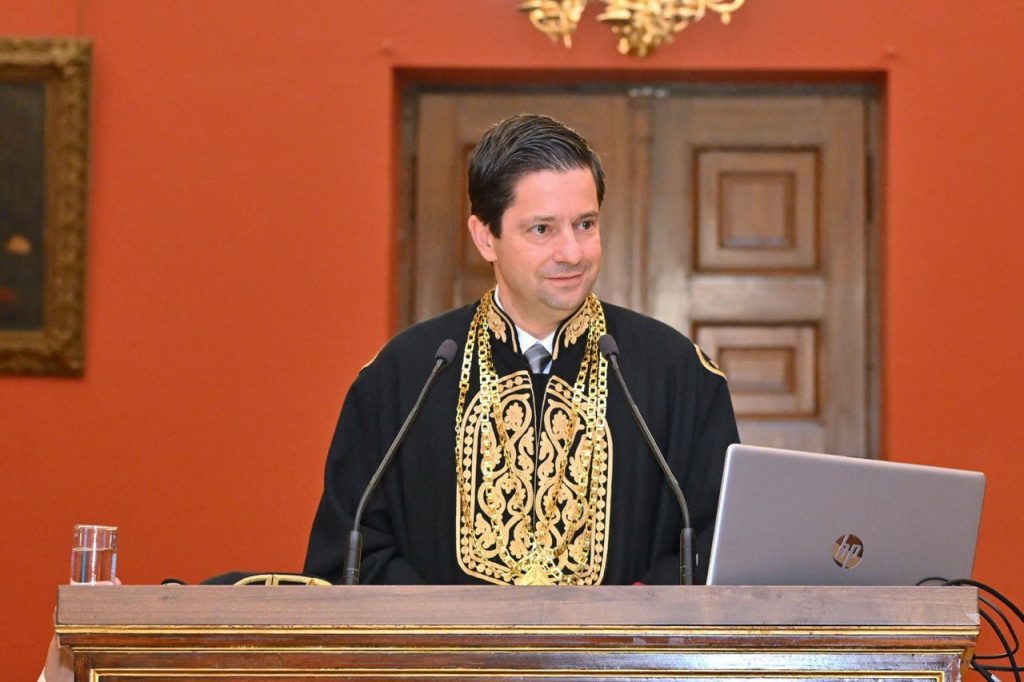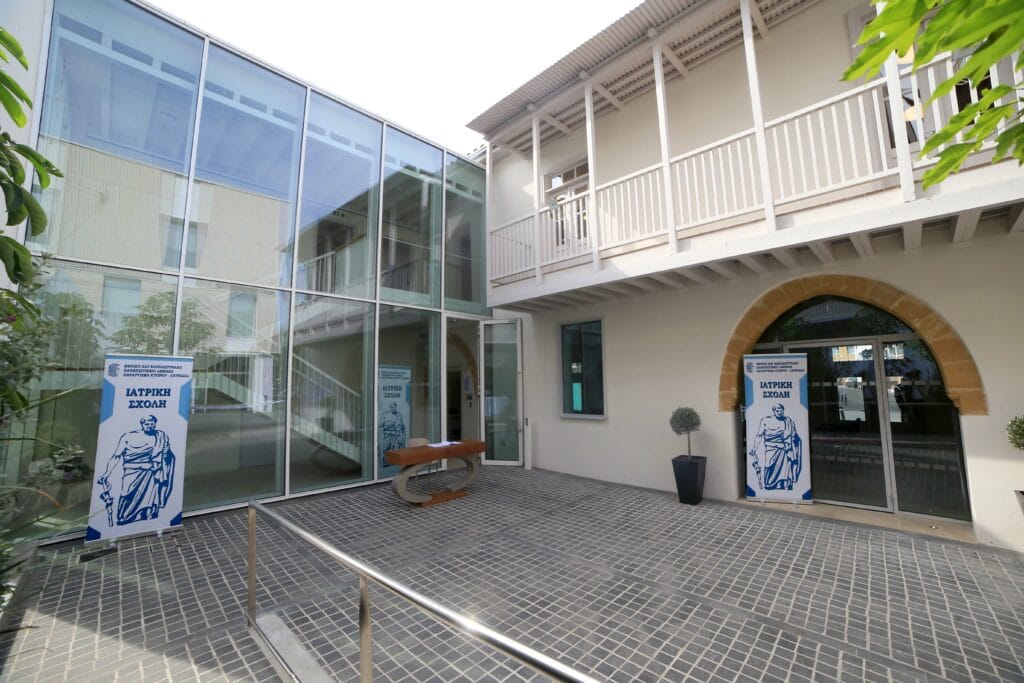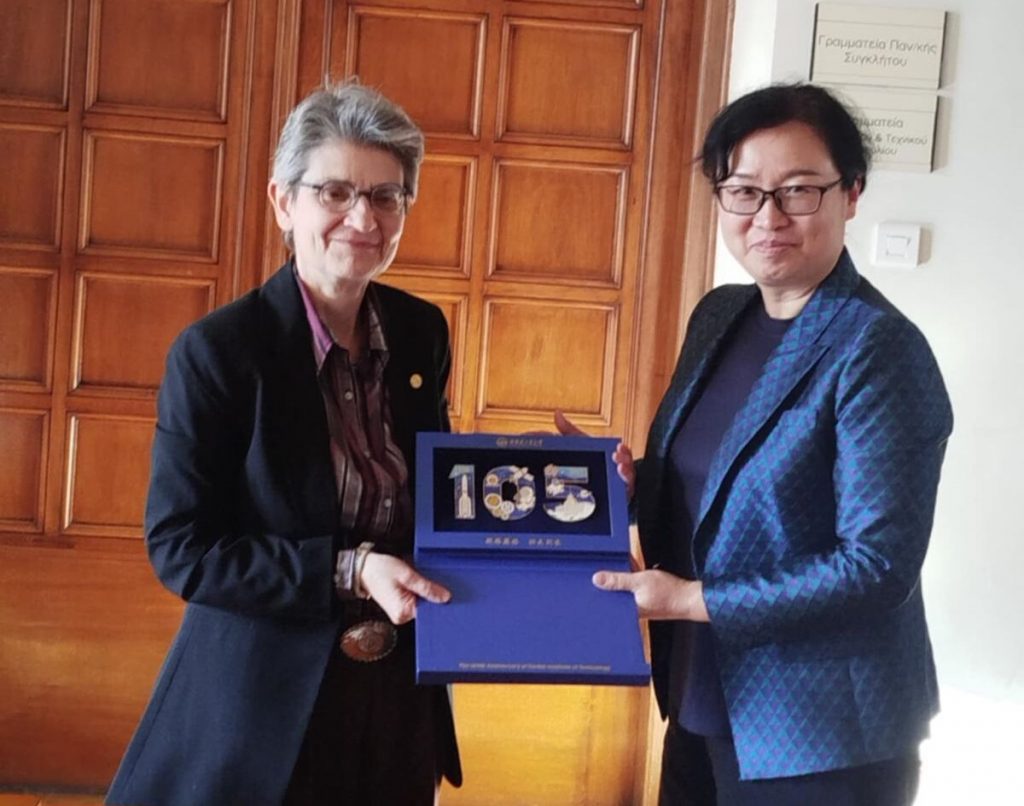An innovative AI-powered platform has been developed by a team of researchers at Yale University (led by Professor of Epidemiology and Professor Emeritus of NKUA, Vasilis Vasiliou) in collaboration with the NKUA’s Laboratory of Analytical Chemistry (and more specifically Professor Nikolaos Thomaidis’s research team) and other Institutions worldwide. This platform, which utilizes machine learning and metabolomics data, aims to improve patient triage, help healthcare providers more efficiently allocate medical resources during severe viral outbreaks, and thus prevent heavy burdens on local healthcare systems.
The COVID Severity by Metabolomic and Clinical Study (CSMC) software was developed to support the pre-hospital process and classify patients’ conditions upon arrival at the Emergency Department. This machine learning software utilizes the patient’s clinical (that are routinely collected during hospital admission) and plasma metabolomics data to predict (i) the discharge disposition of the admitted patient (survival prediction), (ii) the length of hospitalization, and (iii) the disease prognosis (i.e., the risk of intubation). Such an approach, which combines clinical and metabolism data and uses a self-learning algorithm, can be utilized during future epidemics to help hospitals triage patients according to their need for emergency medical attention.
Researchers continue their work in this area, expanding our knowledge of the metabolic profile of patients, using less invasive samples such as urine and saliva: ‘We envision a world where the public accesses an AI online tool that receives real-time data from healthcare professionals to generate decision rules based on analytical measurements and provide a risk/severity assessment of diseases during a pandemic’.
The paper entitled ‘An AI-powered patient triage platform for future viral outbreaks using COVID-19 as a disease model’ appeared in the Human Genomics journal.
















